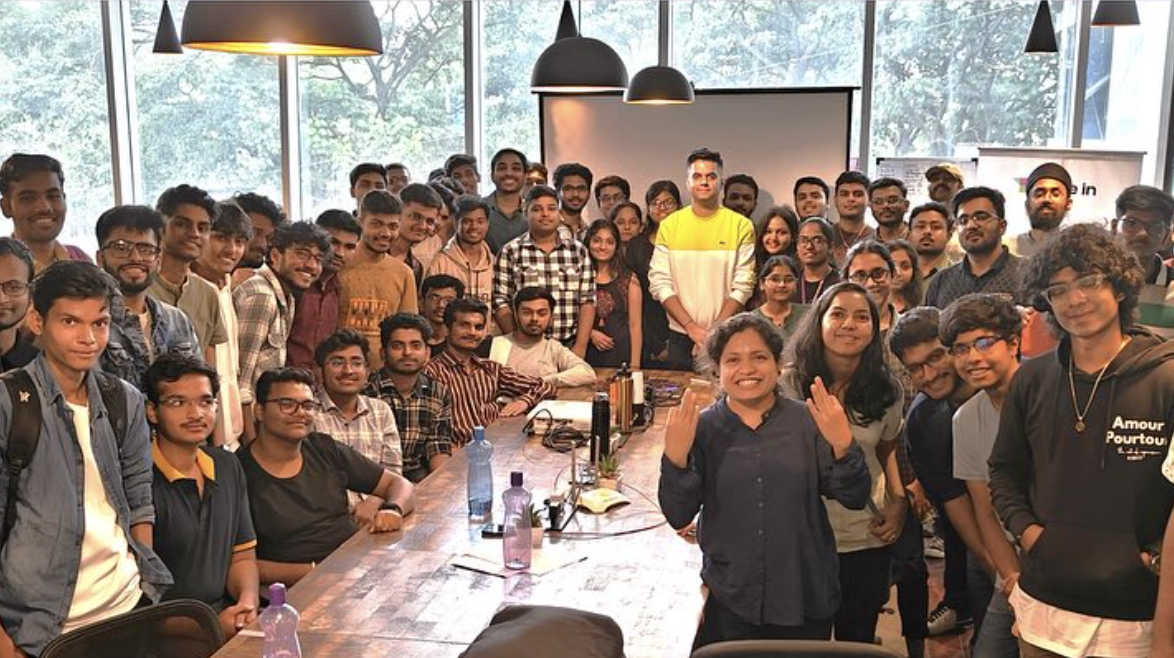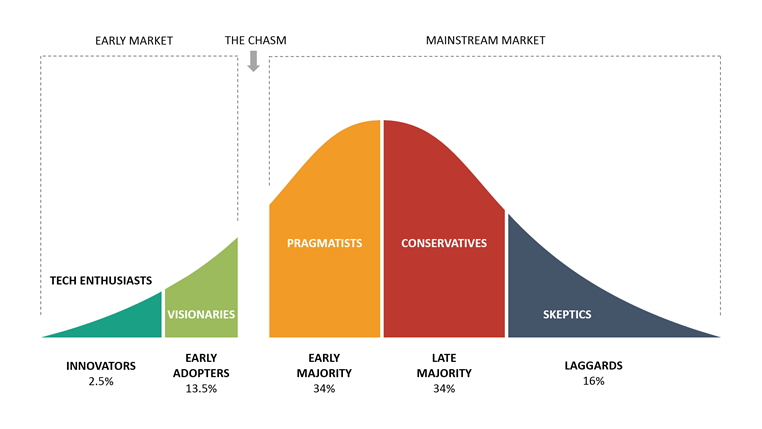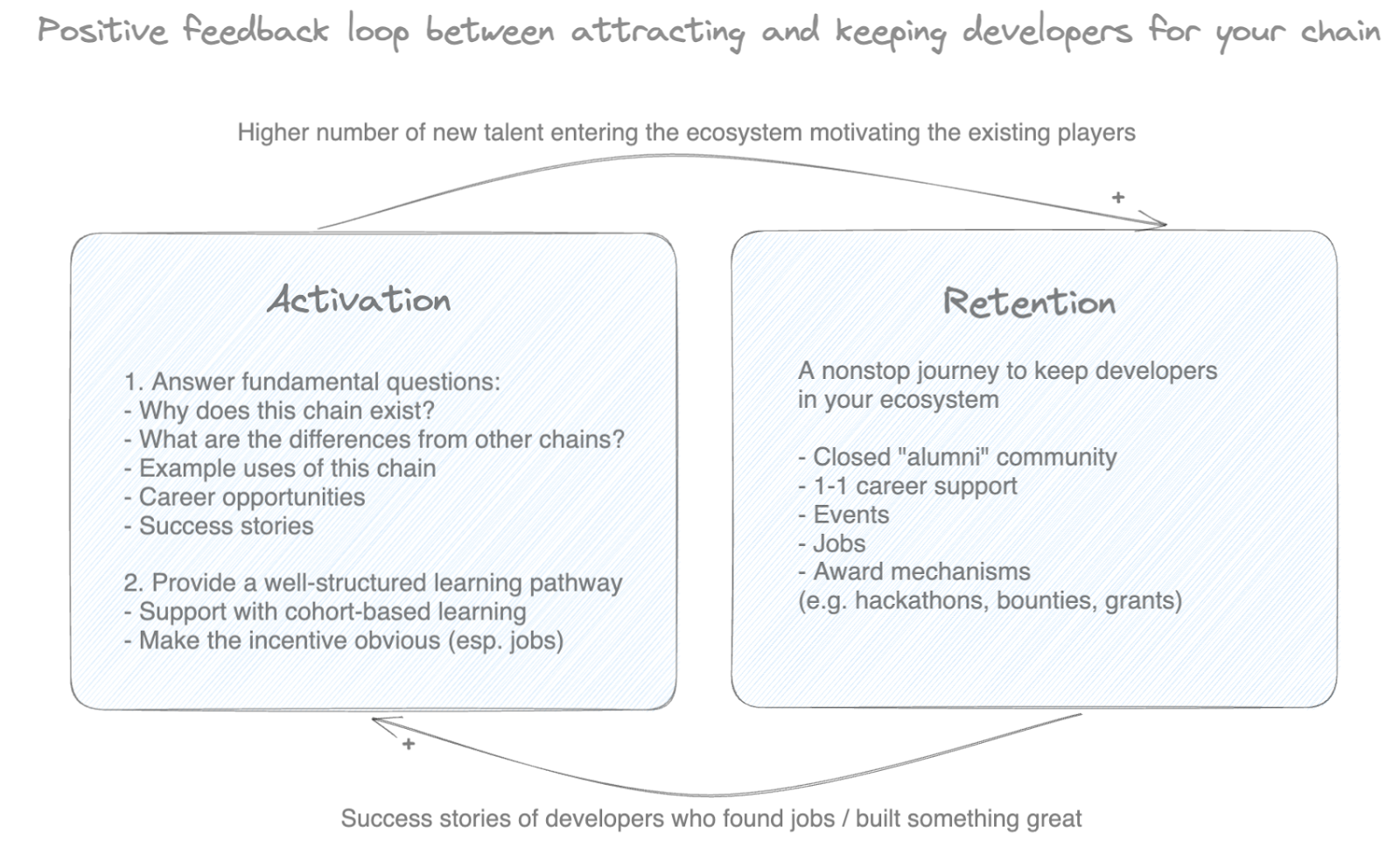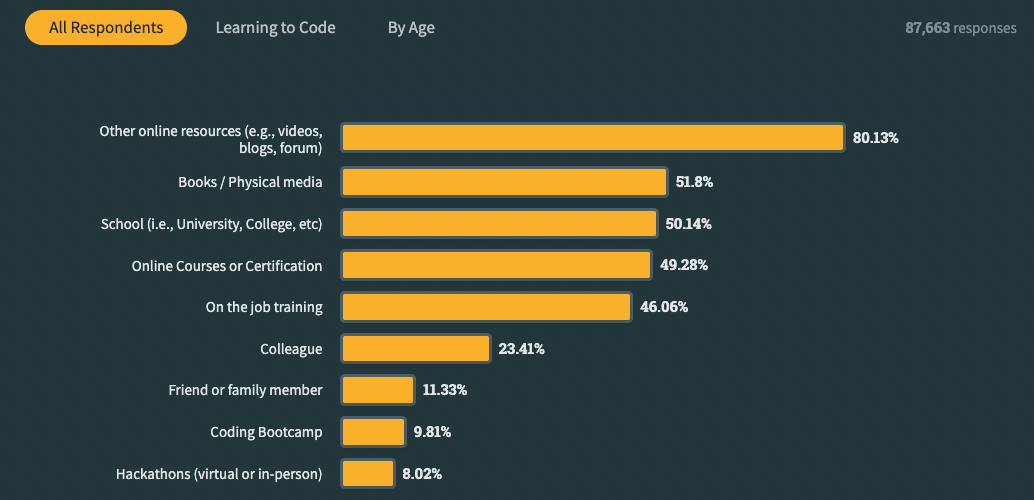Gülcan Yayla
Co-founder, CEO
July 19, 2023
How do you attract developers to your chain and ecosystem?
Web3 industry won’t grow by trying to convert developers from one chain to another one - but by convincing the 99.9%.

How to attract developers to your chain
I’ve helped 8,000+ developers start their web3 learning journey and saw a couple hundred of them see the finish line and navigate their web3 career. This experience, coupled with working with great ecosystems like Ethereum Foundation, Solana, ICP, BNB Chain, and more provided me with some important insights on a burning question: How to attract developers to your chain?
But I think that’s not the right question to start with. Let’s first briefly go over a more fundamental issue:
Why only 0.1% of developers are working in the web3 space?
Nearly 30K monthly active developers in web3 make up only 0.1% of the total 28 million developers in the world today. This little number surprises some and reveals the fact that the web3 industry won’t grow by trying to convert developers from one chain to another one - but by convincing the 99.9%.
There are several reasons behind this, and attracting developers to your chain starts with accepting these problems:
- Job opportunities are still very limited. I’m not talking about bounties, grants, or hackathons here - because these tools appeal to only a small select group of developers. Especially junior developers can’t find many job opportunities in the sector. There is a dilemma here: Most chains are aware of the fact it’s much easier to attract university students and junior developers, so they go after this audience. But when these junior developers realize the high demand for experience in job posts, they tend to get intimidated and leave the web3 space.
- Most current web3 educational resources tend to serve early adopters. This audience comes with their motivation, but the mainstream audience needs a clear pathway and structured support to succeed. We see a lack of beginner-friendly and well-structured web3 resources that take anyone from point zero to more advanced content in time. This also leads to many developers not taking the steps to train themselves in web3. There is a need for better educational resources to cross the chasm.

- Market conditions are effective on developer appetite towards new technologies. It is currently much harder to attract developers, especially when AI is the ‘new cool’. I’ve heard from our students that most of the graduation projects of their CS department are on machine learning while a few years ago they were more curious about blockchain.
- In a similar manner, developers want to trust the chain that they will develop on. If they end up building a project on your chain and then your chain goes under some significant problems, what will happen to their efforts?
How to attract developers to your chain
Only after internalizing the above problems, can we start talking about how to attract developers to your chain.

What does it look like in practice? Let’s dive in:
Step 1: Activation
1a. Answer the most fundamental questions about your chain
Activation starts with addressing the most fundamental questions about your chain and making your answers the central point of your marketing efforts. I listed some of these questions below.
- Why does this chain exist?
- What are the differences from other chains?
- Example uses of this chain
- Career opportunities in this ecosystem
- Success stories from developers who work in the ecosystem (🤖 Disclaimer: don’t include only those who have founded their own startup - this appeals to only a tiny group of people who have the willingness and skills to start and grow a company. Instead, add examples from people who have found jobs in your ecosystem).
I’ve seen many times that this part is easily skipped. Instead, hackathon, bounty, and grant prizes dominate the marketing effort. This may bring a high number at the beginning but may risk being limited quality and short-lived.
1b. Provide a well-structured learning pathway
After addressing these questions, it’s important to have a well-structured learning pathway to provide a clear onboarding experience. Don’t assume developers will learn about your chain from the documentation alone.
Some important points to remember at this stage:
- Make sure the content and learning pathway are well-structured and beginner friendly. The content shouldn’t point to many different links; instead, it should provide a seamless learning experience in one place. I can’t emphasize enough the importance of seamless experience. We've received feedback from devs before that they had to go through almost all available Youtube videos just to find a solution to their problem.
- Support learners with a community where they complete the course together. Cohort-based bootcamps are very effective in this: While only less than 5% of people complete an online course by themselves, the ratio goes up to 70% when people complete the online course within a well-designed cohort (Think of yourself - how many online courses did you start and quit?).
- The incentive should be obvious: No one wants to complete a program and end up with no new career prospects - especially for developers, the opportunity cost is too high. Of course, the biggest incentive is the job opportunities. The others include bounties, mini or larger hackathons, and awards.
🤖 Disclaimer 1: I sometimes hear that there is a negative bias towards people graduating bootcamps; since ‘a good developer should be learning by themselves’. The truth can’t be further than this. If we keep thinking like this, we’ll appeal to maybe 1% of developers. Instead, look at real-work data: There are millions of developers working at great companies, building great products, and could become a developer thanks to joining a bootcamp or following amazing, well-structured learning resources. If you ignore the importance of a well-structured education to teach new technology to millions, good luck. For reference, see how developers learn how to code (Stack Overflow 2023 survey):

🤖 Disclaimer 2: I think one of the biggest mistakes of hackathons is targeting only developers. Maybe 90%+ of projects at a hackathon end up building a product with no understanding of the user and unfortunately no use case (see Nader Dabit’s tweet). I even heard from really great smart contract developers that they dislike working on the use of the product - they’re having fun with the challenging problems, which I completely respect. We can’t expect great products from only developers - we need teams of people with different skill sets. Instead, product people and people from traditional industries should be involved from the beginning (which requires another onboarding process). I’d love to try this one day and share learnings, let me know if you’re interested in experimenting together.
Step 2: Retention
Good news: If you’ve gone through Step 1, you have more developers! Bad news: That was just the start. 🫠
To keep the developers active in your ecosystem, they should be finding career opportunities and inspire new developers with their success. The goal is to build a community that does self-marketing.
Some important points to remember at this stage:
- Retention is nonstop. It needs to be an ongoing effort to create a positive feedback loop.
- People who are successfully graduating from your bootcamps / programs and building on your chain should be accepted into an exclusive community. This is where the real conversation begins and people support each other. Consider it like the Alumni Associations. If it’s quality and inspiring, once someone enters it, they won’t want to leave. This community is very special and they should be first to know and get involved in the developments in your chain.
- Creating new success stories of individual developers and constantly sharing these openly is important to keep the community motivated and attract new devs.
- Having said that, it is really hard to create new success stories. It often requires knowing the good builders by name, taking care of their needs one by one, and giving them honest and good feedback about their careers. This is like the Career Center - there is no shortcut to it at least until the success stories in your community increase and the experienced developers take care of the needs of new ones.
Hope this post helps someone answer some questions. Let me know if you want to discuss further / contribute to it - email me at [email protected] or say hi on Twitter 👋